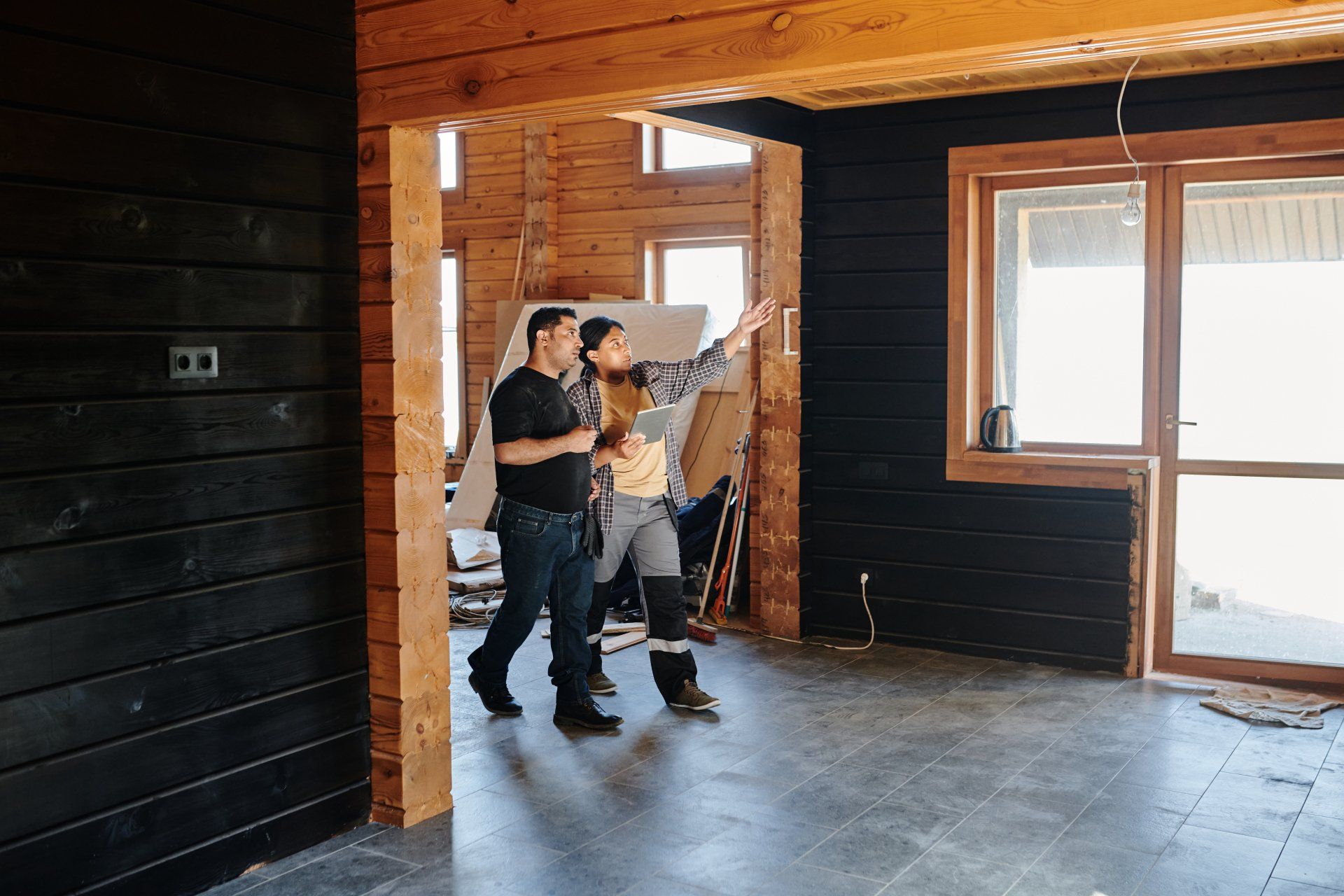Robert Flynn Construction
5 Innovative Construction Techniques Shaping the Future of Home Building

Introduction
In today's rapidly evolving construction industry, technological advancements are driving significant changes in the way building projects are designed, planned, and executed. From 3D printing to green building materials, innovative solutions are revolutionizing construction practices, enhancing efficiency, sustainability, and overall project outcomes.
3D Printing Technology
3D printing technology has emerged as a game-changer in construction, offering precise and rapid printing of intricate structures and components. This technology enables architects and engineers to create complex designs with unparalleled accuracy, reducing waste and construction time significantly.
Prefabrication and Modular Construction
Prefabrication and modular construction techniques are gaining popularity due to their ability to enhance efficiency and quality control. By assembling building components off-site in controlled environments, construction teams can streamline the assembly process on-site, resulting in faster project completion and reduced costs.
Green Building Materials
The adoption of green building materials is another notable trend in modern construction. These materials, such as recycled wood, energy-efficient windows, and sustainable insulation, promote environmental responsibility while improving energy efficiency and indoor air quality in buildings.
Augmented Reality (AR) and Virtual Reality (VR)
Augmented reality (AR) and virtual reality (VR) technologies are transforming the way stakeholders interact with construction projects. These immersive technologies allow architects, engineers, and clients to visualize designs in a realistic environment, facilitating better decision-making, design adjustments, and client engagement.
Smart Home Integration
Smart home integration is becoming increasingly common in modern construction projects. From automated lighting and climate control systems to security features and energy management solutions, smart home technologies offer homeowners convenience, comfort, and enhanced control over their living spaces.
Conclusion
The construction industry is experiencing a significant transformation fueled by technological innovations. Embracing these innovations not only improves efficiency and sustainability but also enables construction professionals to deliver exceptional results and meet the evolving needs of clients and communities.
By staying abreast of these trends and incorporating innovative solutions into construction projects, builders, architects, and engineers can shape the future of the industry and create buildings that are not only structurally sound but also environmentally friendly and technologically advanced.










